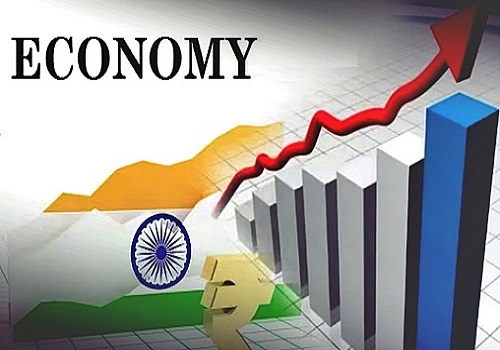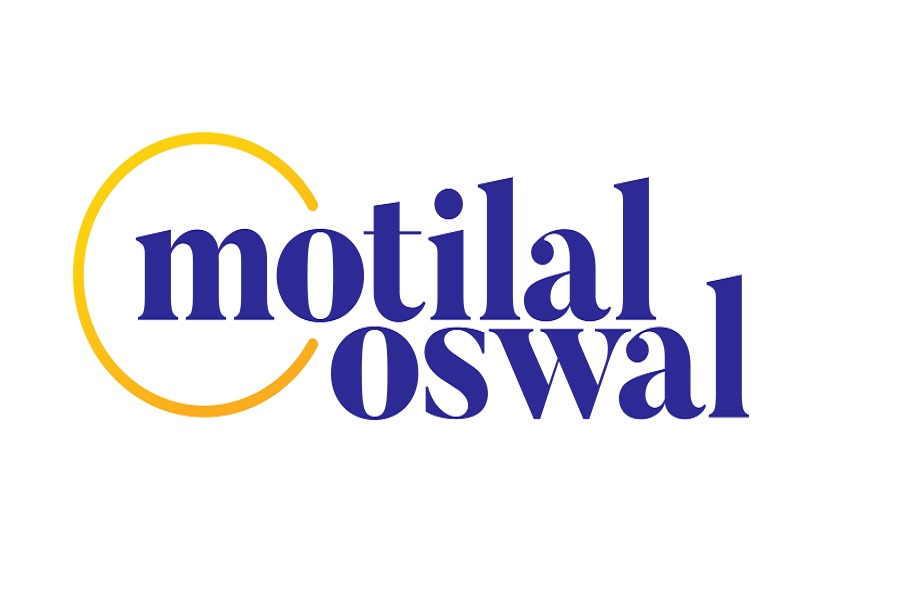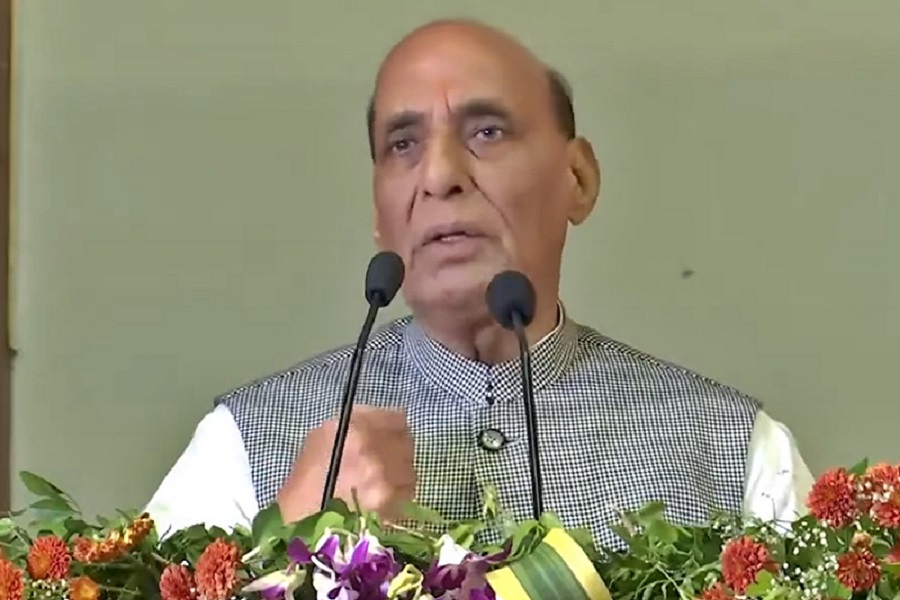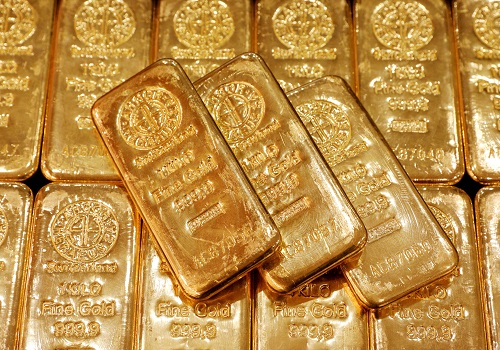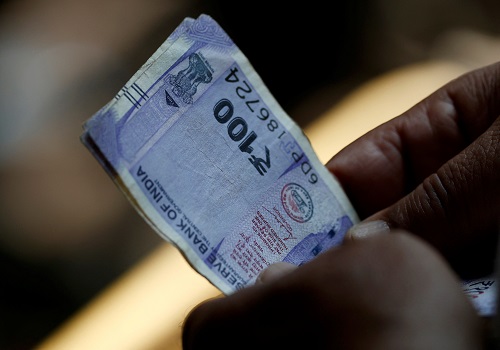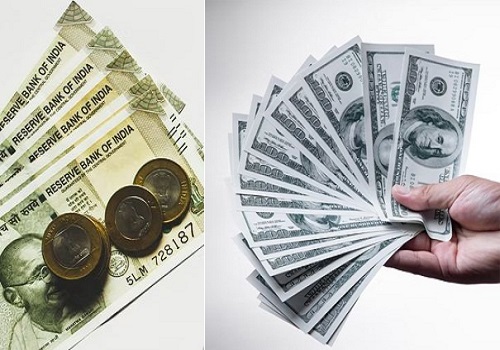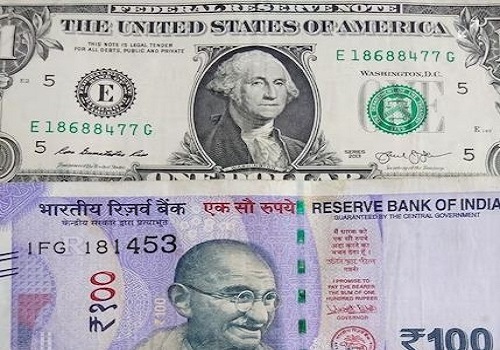Dollar rises as hawkish central banks dent risk sentiment, sterling slips
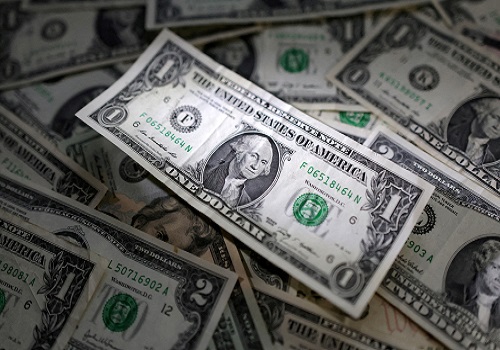
The dollar drew support from a bout of risk aversion on Friday as hawkish comments from global central banks, including the Federal Reserve, stoked fears that their aggressive monetary tightening could push economies into a deeper downturn.
Sterling struggled to hold gains from a larger-than-expected 50-basis-point rate rise from the Bank of England (BoE) on Thursday in response to sticky inflation, with traders similarly worried about a UK recession.
While higher rates are typically supportive of currencies, the risk that they will trigger an economic downturn has pushed some investors to seek safe-haven assets like the U.S. dollar.
The pound was last 0.07% lower at $1.2740, having jumped briefly in the wake of the BoE's hike to a near one-year high, before being pulled lower. It was on track for a weekly loss of more than 0.5%, snapping three straight weeks of gains.
"With the Bank of England set to raise rates substantially further, we expect the UK economy to come under renewed pressure by late 2023, and look for growth to either stagnate or even for the economy to contract," said Nick Bennenbroek, international economist at Wells Fargo.
"Only once there are clearer signs of a growth slowdown and a deceleration of inflation, do we believe those factors will convince the Bank of England to bring its tightening cycle to an end."
The Turkish lira slid to a record low of 25.589 against the U.S. dollar, after the Turkey's central bank 650 basis points hike to 15% on Thursday missed expectations.
In other currencies, the dollar rose broadly and stood near an over seven-month high against the yen at 142.90. The Japanese currency has come under renewed pressure as the Bank of Japan (BOJ) continues to maintain its ultra-dovish stance in the face of its hawkish peers elsewhere.
Data out on Friday showed that Japan's core consumer prices stayed above the BOJ's 2% target for the 14th straight month, while separate data showed its manufacturing activity fell back into contraction in June and service sector growth slowed for the first time in seven months.
The euro slipped 0.04% to $1.0950, while the U.S. dollar rose 0.05% against a basket of six major peers to 102.44.
Fed Chair Jerome Powell said on Thursday the central bank would move interest rates at a "careful pace" from here, with an overwhelming number of people on the Federal Open Market Committee seeing more rate hikes coming.
Money markets are now pricing in a 74% chance that the Fed will raise rates by 25 bps at its policy meeting next month.
The Swiss National Bank and Norway's central bank likewise signalled that more tightening was likely to come after they had raised rates by 25 bps and 50 bps, respectively, on Thursday.
"Most of the Western central banks are now more hawkish than previously projected," said Tina Teng, market analyst at CMC Markets.
"Inflation is hot and interest rates are still rising as well. There's now a slowdown in economic growth, (which could) probably cause a potential recession as well. So sentiment is actually not great."
The risk-sensitive Australian dollar fell 0.16% to $0.6746, after having slid nearly 0.6% on Thursday, while the New Zealand dollar edged 0.05% lower to $0.6174, after declining 0.4% in the previous session.




